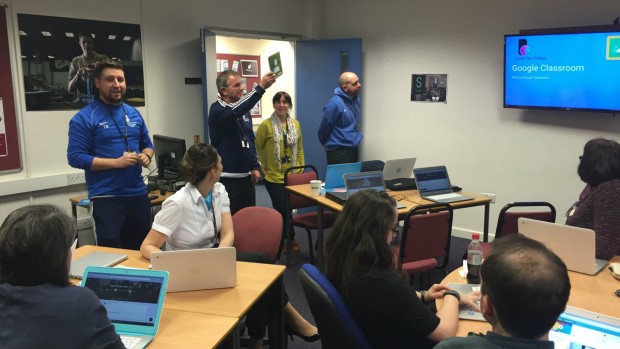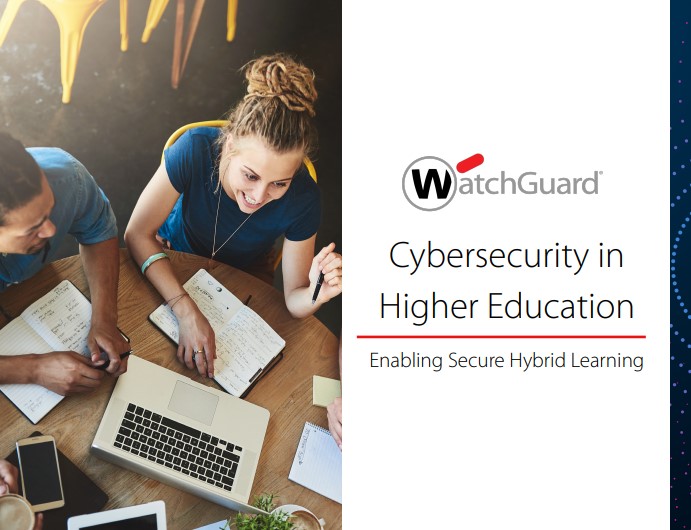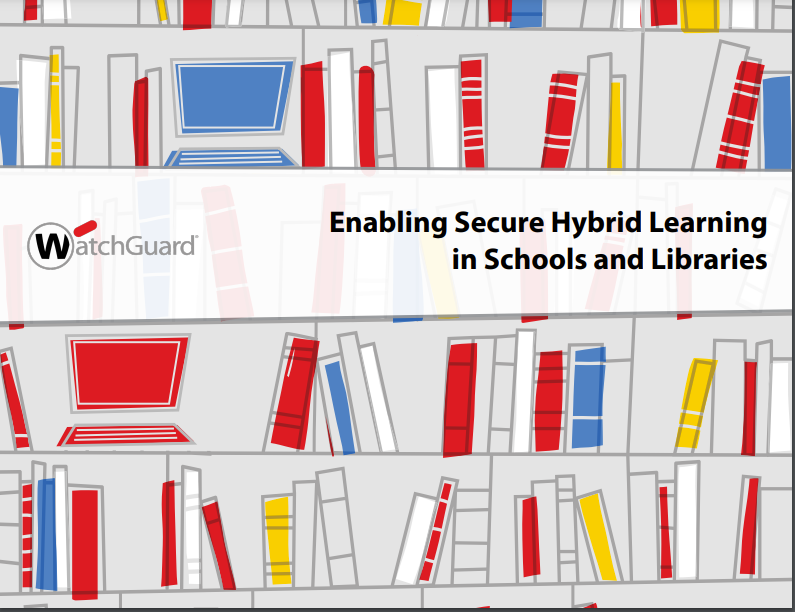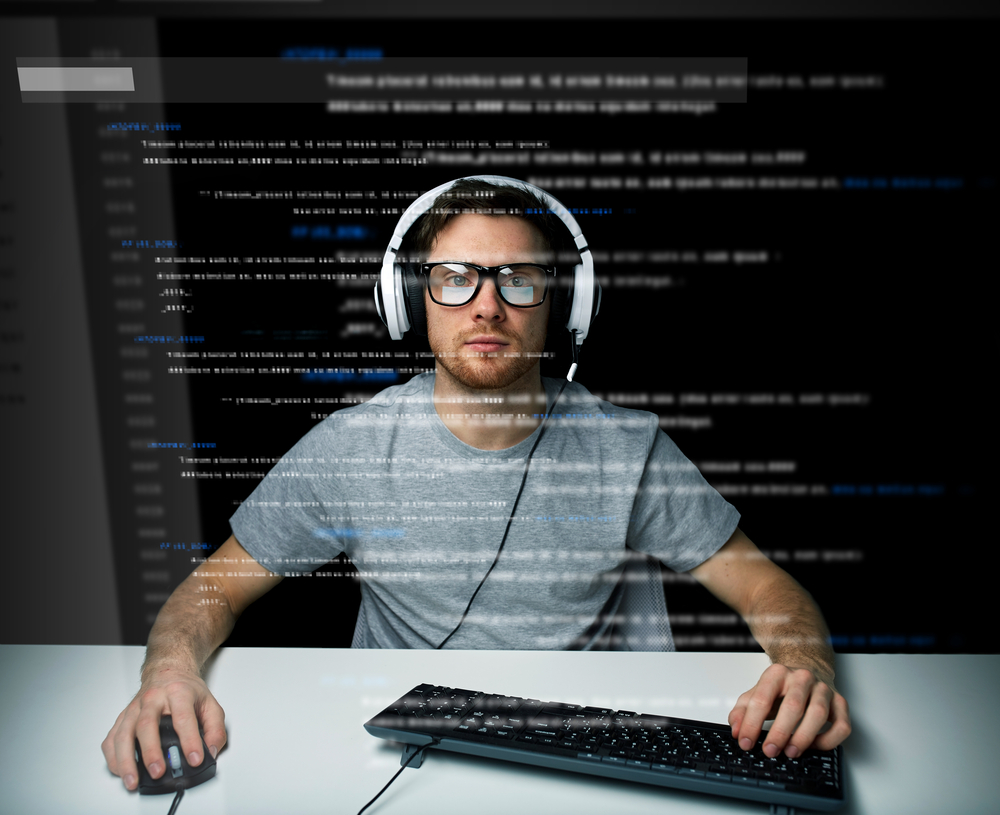Hackers are targeting the education sector
The health care industry isn’t the only one falling prey to hackers during the coronavirus pandemic

Hackers are turning their attention to the education sector during the coronavirus pandemic, according to Cyware.
The coronavirus has created a virtual playground for malicious hackers. From those leveraging contract-tracing to dupe their victims to the reappearance of Zloader malware in coronavirus-related phishing campaigns, hackers have stopped at nothing to use the pandemic to their advantage.
While governments have urged them to stop their actions, particularly those targeting the health care industry, these malicious actors remain committed to their nefarious ways. Unfortunately for the education sector, this has led to a barrage of unfortunate cyber attacks.
Ten of the most infamous ‘black hat’ hackers HSBC flaw exposed by Cardiff University hackers How can big companies fight hackers? Smoking ban "a back door" for hackers
The education sector has become an attractive target for threat actors, according to Cyware. In a time when schools are cutting budgets nationwide, many districts have had difficulty investing in cyber security tools to prevent ransomware attacks.
Plus, students are no stranger to risky online behavior, giving hackers another means to infiltrate a school’s network. Throw in a pandemic and remote schooling, and the education sector becomes even easier to target.
Ransomware has gained quite the foothold in the education sector too, as it’s responsible for 80% of malware-related incidents in the education sector, per Verizon’s analysis.
A number of schools worldwide have already fallen prey to these attacks. In March, Wichita State University notified its students of a security incident that led to “unauthorized access to a computer server that WSU used to operate various student and employee web portals.” At the time, the university estimated up to 1,762 individuals were impacted by the incident.
Get the ITPro daily newsletter
Sign up today and you will receive a free copy of our Future Focus 2025 report - the leading guidance on AI, cybersecurity and other IT challenges as per 700+ senior executives
In May, the University of Corsica notified its students of a similar incident. In this event, hackers gained access to the school’s network, paralyzing it in exchange for a ransom.
While these attacks could be combated, doing so is easier said than done. Most schools lack team members dedicated to cybersecurity, according to Keith R. Krueger, chief executive of the Consortium for School Networking.
Additionally, many schools can’t keep up to date on the latest hacking techniques and trends. Unfortunately, until the education sector invests in proper cybersecurity measures, hackers will continue to wreak havoc on their systems.
-
 Cleo attack victim list grows as Hertz confirms customer data stolen
Cleo attack victim list grows as Hertz confirms customer data stolenNews Hertz has confirmed it suffered a data breach as a result of the Cleo zero-day vulnerability in late 2024, with the car rental giant warning that customer data was stolen.
By Ross Kelly
-
 Lateral moves in tech: Why leaders should support employee mobility
Lateral moves in tech: Why leaders should support employee mobilityIn-depth Encouraging staff to switch roles can have long-term benefits for skills in the tech sector
By Keri Allan
-
 University of Manchester admits cyber incident "likely" led to data theft
University of Manchester admits cyber incident "likely" led to data theftNews The university said it is working with relevant authorities as part of its investigation
By Ross Kelly
-
 Enabling secure hybrid learning
Enabling secure hybrid learningWhitepaper Cyber security in Higher Education
By ITPro
-
 Enabling secure hybrid learning in schools
Enabling secure hybrid learning in schoolsWhitepaper The importance of creating security awareness among key players
By ITPro
-
 What’s next for the education sector?
What’s next for the education sector?Whitepaper A new learning experience
By ITPro
-
 20 Universities targeted by “Shadow Academy” hackers
20 Universities targeted by “Shadow Academy” hackersNews Hackers identified after the discovery of a fake Louisiana State University student portal
By Rene Millman
-
 De Montfort University launches a week of cyber security events
De Montfort University launches a week of cyber security eventsNews DMU students will be able to gain practical experience from industry experts
By Adam Shepherd